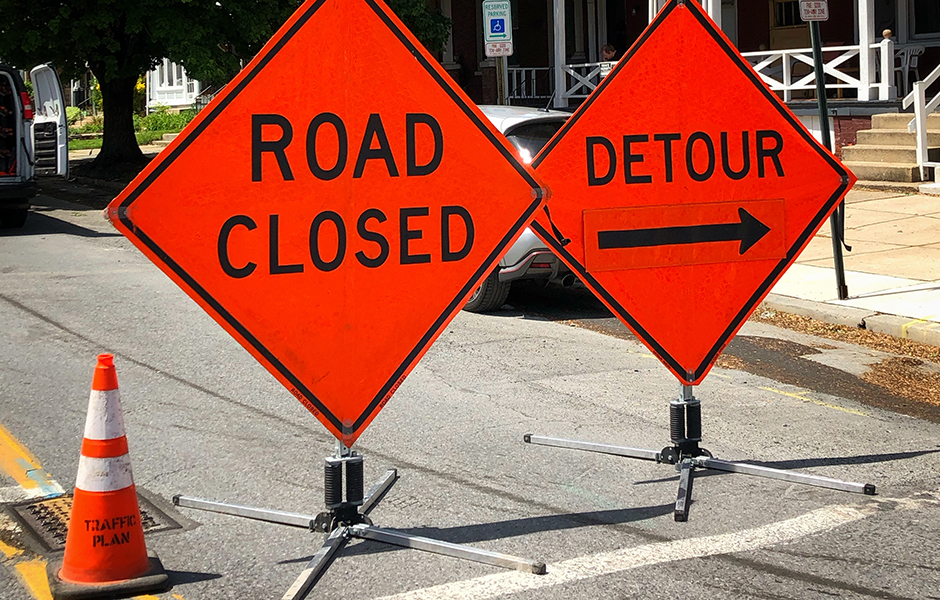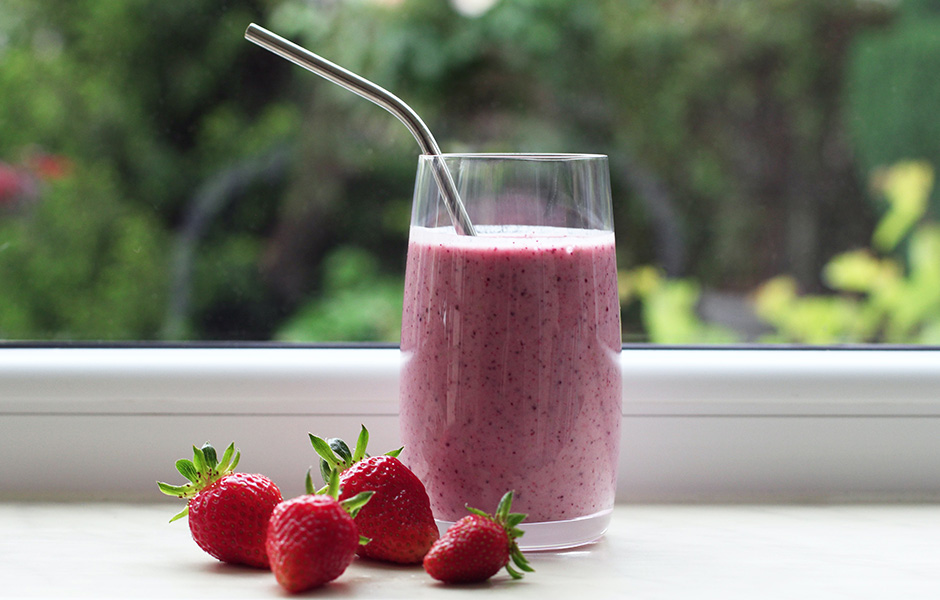Wouldn’t it be nice if life was easy? That like my coffee maker—if you just remember to put a few simple parts together—everything would brew smooth and rich? That the changing of seasons would become like riding a bicycle; we’d remember our routines for each one and slip into them with the page change of the calendar.
Only, that’s not how life is.
We’ve all lived long enough to know that not every fall is the same as the last, nor are any of the other seasons for that matter. The routines of last fall very likely won’t work this fall. And as we all know, this past summer’s routines won’t work—because, who is able to keep a routine during the summer?
Yet, routines are the grease that make the machines of our lives work. They are what fuel our progress, enable us to focus on one thing at a time, and if done right, keep us healthy. They are the means to managing the many roles we play in our world. However, in and of themselves, routines are not easy.
Routines take work. They require thought, and strategy, and discipline. They need crafting followed by repetition. To which many of us feel, “Ain’t nobody got time for that.” Only the truth is none of us have the time not to make time for routine.
One of the books I read this summer was Deep Work, by Cal Newport. In this book, Newport talks about how studies have shown that each of us have a finite amount of willpower. That like a muscle, our willpower can get tired if faced with too many hard decisions. This is the reason many of us reach for a pizza at the end of a stressful day, rather than a salad. Without healthy routines in all areas of our lives, our willpower becomes overworked and can’t be trusted when we need it most.
But in this book, Newport takes this even further by focusing on our professional or creative work. He defines Deep Work as:
“Professional activities performed in a state of distraction-free concentration that push your cognitive capabilities to their limit. These efforts create new value, improve your skill, and are hard to replicate.”(p.2)
Newport says our best work happens when we are distraction-free—a state of being that seems to have gone extinct in our current, internet driven culture. But it is one that he also says we can achieve with some effort, and—you guessed it—routine. He explains:
“The key to developing a deep work habit is to move beyond good intentions and add routines and rituals to your work life designed to minimize the amount of your limited willpower necessary to transition into and maintain a state of unbroken concentration.” (p. 100)
Reading these words made me think—not just about how important routines are to creating deep work habits in my writing, but also how crucial routines are in all areas of my life. When good routines are minimizing the willpower needed to make better decisions, I am able to make more of them. A good example of this is eating healthy.
When Tony and I got married, eating out had been a regular part of both of our eating habits. But Tony said, he didn’t want to eat out multiple times a week anymore, and he wanted us to eat healthier if we could. Thankfully, he cooks too, so this wasn’t him asking his new wife to get her butt in the kitchen! Yet this change he proposed was daunting.
With a busy work schedule at the time, the thought of coming up with meals every night after work overwhelmed me. But I soon realized that I had no problem with us cooking a meal if we knew what we were making and we had the food on hand. Thus began our meal planning and shopping routine.
For the past seven years or so, each Wednesday night, we plan what we will eat for the following week. Then we do as much food shopping at our local farmers market on Friday, as we can, so our food is on hand on the nights we need it. Though there have been weeks or seasons where this hasn’t always worked perfectly—overall, it has made us much healthier eaters. On nights I would have picked up fast food, our planned meal has kept me from making eating decisions I’d regret later. And overall, it has changed my relationship with food.
Routines can save us from having to make many decisions we may regret. They also enable us to set up a healthy foundation in our home life that benefits us in the outside world. At the outset, creating routines can be difficult. But if we take the time to craft them well, routines can actually make our lives easier.
Yes, it would nice if life was easy all on its own. But just as we are old enough to know that it isn’t, we are also old enough to out smart the system, and build some routine into our lives.
What routines are working for you in this season?
What routines do you need build?
Would you like more from Melissaschlies.com delivered to your inbox?
If so, subscribe here.












Love this post Melissa!!!
I really need to work on building distraction free margin into my life. Currently I’m trying very hard to time block, but those distractions/voices are constantly pulling at me for immediate attention. Thank you for these words!!
thanks Tiffany! Glad this post spoke to you! I think building distraction free margin is so needed for all of us these days!
I’ve been thinking a lot about routine lately – so this is timely! Thank you
I love this, as I know I respond to having routines in my life. I’m currently trying to get into a podcast listening routine in place of the mindless social media scroll.
mmm,Katie–I LOVE podcasts and find them a lot more life giving than the endless social media scroll, for sure!
Oh wow–so how did you know God told me to create a schedule at the beginning of this week? And, no, I haven’t done it yet. I needed this to make me make it a priority! I love this quote of yours: “Only the truth is none of us have the time not to make time for routine.” So true!
Glad this post spoke to you, Heather. Routine IS so important!